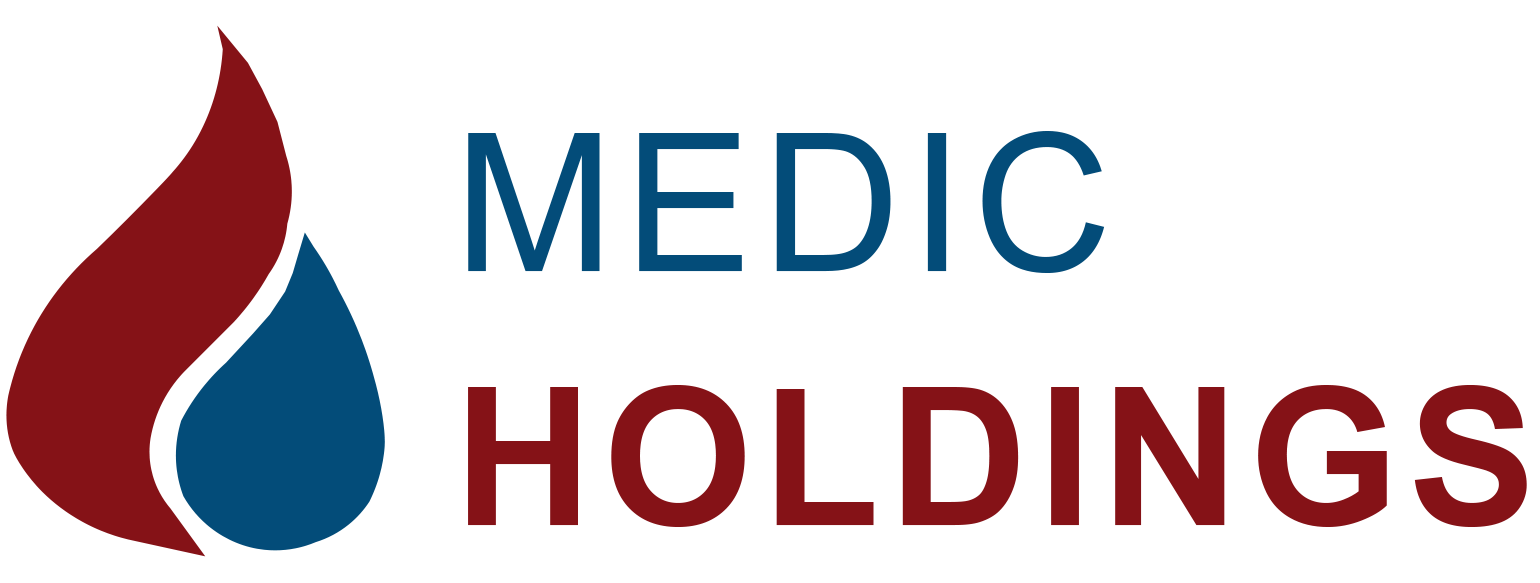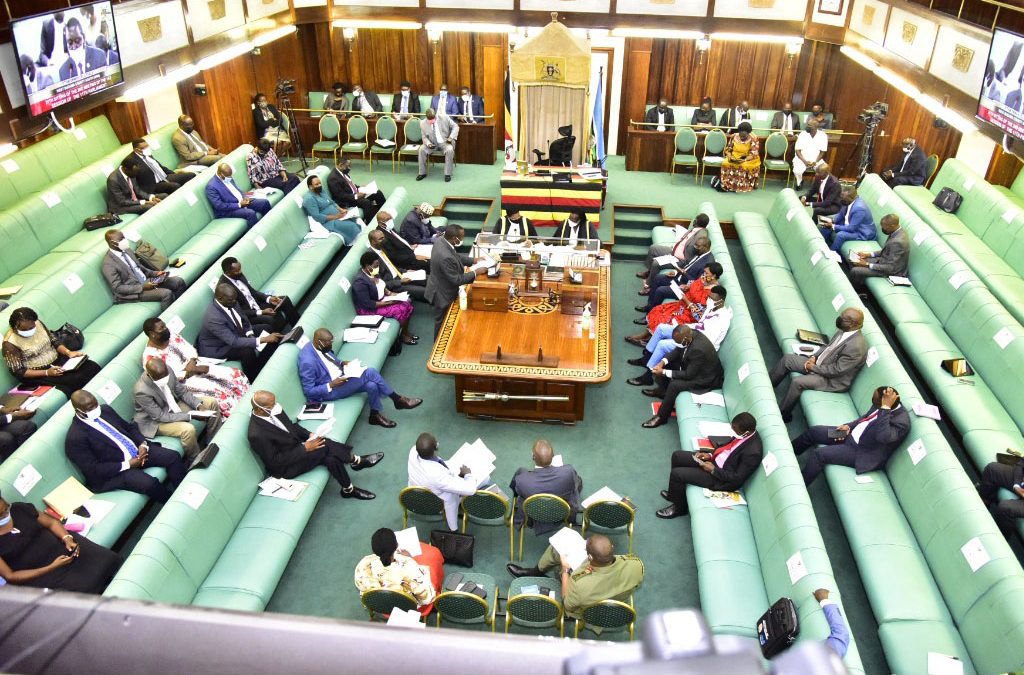On December 9, 2021, Uganda’s Parliament took a historic step by passing the East African Crude Oil Pipeline (EACOP) Bill, establishing a clear legal framework to guide the development and management of the 1,443-kilometer pipeline project. The bill signaled Uganda’s commitment to the joint crude oil pipeline venture with Tanzania and solidified the foundation for what is arguably the most ambitious energy infrastructure project in East African history.
As a key player in East Africa’s petroleum supply chain, Medic Holdings Limited recognizes the profound significance of this legislative milestone—not only for oil producers but also for downstream marketers, infrastructure developers, and regional energy security.
This article explores the context, content, implications, and opportunities unlocked by the EACOP Bill for Uganda, Tanzania, and the broader East African region.
What Is the EACOP Project?
The East African Crude Oil Pipeline (EACOP) is a major infrastructure project designed to transport Uganda’s crude oil from the oil fields in Hoima (Albertine Graben) to the port of Tanga in Tanzania, where it will be exported to international markets.
Key Stats:
-
Length: 1,443 kilometers
-
Route: Hoima (Uganda) to Tanga (Tanzania)
-
Pipeline Diameter: 24 inches (insulated, heated)
-
Investment: Estimated at $3.5 billion
-
Partners: TotalEnergies, CNOOC, UNOC (Uganda National Oil Company), TPDC (Tanzania Petroleum Development Corporation)
-
Capacity: Up to 216,000 barrels per day
Why the EACOP Bill Was Necessary
Large-scale cross-border infrastructure projects face legal, financial, environmental, and operational complexities. To facilitate smooth implementation, Uganda needed a specific legal framework that would:
-
Establish the rights, obligations, and protections for all stakeholders
-
Regulate land access and compensation
-
Harmonize taxation and revenue sharing
-
Align environmental and safety standards
-
Strengthen investor confidence
While Uganda already had legislation like the Petroleum Act 2013 and the Public Finance Management Act, these did not address the unique operational and fiscal structures agreed upon with Tanzania and project partners.
Hence, the EACOP Bill 2021 was introduced and passed to:
“Enable the implementation of the Inter-Governmental Agreement and the Host Government Agreement between Uganda and the project companies, while safeguarding the national interest.”
Key Provisions of the EACOP Bill
The law—officially titled the East African Crude Oil Pipeline (EACOP) (Special Provisions) Act, 2021—has several major components that form the regulatory backbone of the pipeline.
1. Establishment of the Legal Framework
The bill provides:
-
Legal recognition of the pipeline company (EACOP Ltd)
-
Rules for incorporation, governance, and responsibilities
-
Recognition of shareholder agreements and contracts
2. Land Access and Compensation
-
EACOP Ltd is granted access rights to land along the route
-
The bill sets out clear procedures for:
-
Identifying affected persons
-
Valuation and compensation
-
Resettlement and livelihood restoration
-
-
Ensures compliance with international standards such as the International Finance Corporation (IFC) Performance Standards
3. Tax and Fiscal Provisions
-
Provides tax exemptions and fiscal stability clauses to protect investors
-
Outlines revenue-sharing mechanisms
-
Prevents double taxation and ensures transparency in payments
4. Environmental and Safety Standards
-
Aligns with Uganda’s environmental laws but adds specific provisions for:
-
Pipeline integrity management
-
Emergency response
-
Risk mitigation for oil spills
-
Cross-border environmental assessments
-
5. Dispute Resolution Mechanisms
-
Sets out arbitration procedures in case of disputes between the state and private companies
-
Refers to international commercial arbitration standards, improving investor confidence
Impact on Uganda’s Oil Sector
1. Accelerated Project Development
With the EACOP Bill in place, Uganda moved closer to achieving First Oil, which was projected for 2025. The law enabled:
-
Issuance of construction licenses
-
Access to project financing
-
Procurement of equipment and materials
-
Implementation of resettlement programs
2. Increased Investor Confidence
The oil and gas sector is capital-intensive and highly sensitive to regulatory uncertainty. By passing this bill, Uganda:
-
Demonstrated a pro-business legal environment
-
Offered assurances to foreign and local investors
-
Attracted additional infrastructure players, insurers, and lenders
3. Institutional Capacity Building
The law mandates the development of:
-
National content policies
-
Skills training programs
-
Pipeline monitoring and compliance agencies
This strengthens Uganda’s institutional framework for managing oil revenues, environmental risks, and future energy investments.
Benefits for the East African Region
1. Regional Integration
The EACOP Project is the largest joint infrastructure venture between Uganda and Tanzania. The bill reinforces:
-
Cross-border cooperation
-
Harmonized energy regulations
-
Shared infrastructure models that could be replicated in future projects (e.g., natural gas pipelines)
2. Job Creation and Skills Transfer
-
Over 10,000 direct jobs expected during construction
-
Thousands of indirect jobs through suppliers, transporters, and logistics
-
Training programs for welders, inspectors, safety officers, and engineers
Medic Holdings recognizes this as an opportunity to expand its petroleum logistics services, train its workforce, and offer compliance expertise.
3. Improved Energy Security and Trade
-
Uganda will reduce dependence on fuel imports for industrial use
-
The region benefits from enhanced infrastructure and potentially lower energy costs
-
The port of Tanga is positioned to become a regional oil hub
Environmental and Social Safeguards
The EACOP project has attracted criticism from some environmental and human rights groups, concerned about:
-
Biodiversity risks (e.g., near Murchison Falls National Park)
-
Displacement of rural communities
-
Carbon emissions
The EACOP Bill attempts to address these concerns through:
-
Strict Environmental and Social Impact Assessments (ESIA)
-
Mandatory community engagement
-
Monitoring by the National Environment Management Authority (NEMA) and international auditors
-
Legal penalties for violations
Medic Holdings supports these initiatives and emphasizes the need for responsible and inclusive development.
Strategic Implications for Medic Holdings Limited
As a petroleum marketing company with logistics and supply expertise, Medic Holdings stands to benefit in multiple ways:
1. Expanded Distribution Networks
With crude oil flowing through EACOP, Uganda is likely to develop new refining capabilities, storage terminals, and fuel depots—creating more supply chain nodes that Medic can serve.
2. Regional Trade Opportunities
The improved regulatory and logistics framework opens opportunities for Medic to:
-
Serve as a wholesale supplier to retailers across the EACOP route
-
Partner with construction firms, fuel transporters, and resettlement consultants
-
Expand into Tanzania’s fuel market, leveraging cross-border presence
3. Investment in Infrastructure
Medic Holdings can now evaluate:
-
Joint ventures in fuel storage
-
Strategic land acquisition near pipeline access points
-
Services for pipeline monitoring, safety, and emergency response
4. Alignment with Dubai-Based Meedek PTL FZE
The presence of Meedek PTL FZE in Dubai allows Medic Holdings to:
-
Connect East African demand with Middle Eastern oil supply
-
Coordinate financing and procurement for pipeline-related inputs
-
Support regional supply balancing via import/export optimization
Challenges and Watch Points
While the passage of the EACOP Bill is a major milestone, there remain several risks:
1. Financing Delays
Some banks have hesitated to fund EACOP due to environmental concerns. Project developers must ensure transparent ESG reporting to retain investor trust.
2. Land Acquisition Disputes
Even with compensation frameworks, tensions may arise if affected communities feel inadequately supported.
3. Cross-Border Coordination
Smooth execution depends on constant alignment between Uganda and Tanzania. Differences in bureaucracy, infrastructure, or political will can cause friction.
4. Regulatory Overreach
Future amendments to the bill or unexpected changes in taxation can shake investor confidence. Stability clauses must be respected.
Conclusion: A Law that Changes the Game
The EACOP Bill 2021 represents a defining moment for Uganda and the broader East African energy landscape. It is a symbol of legislative innovation, designed to balance investor interests, national priorities, and community rights.
For Medic Holdings Limited, the bill presents:
-
A roadmap for engaging in pipeline logistics
-
A boost in oil marketing and distribution potential
-
A clearer environment for regional expansion and investment
The EACOP pipeline is more than steel and oil—it is a pipeline for progress, carrying hope for energy security, industrialization, and shared prosperity.
Stay Connected with Medic Holdings
📞 Call Us:
+256 782 097098 | +256 702 097098
📧 Email:
[email protected]
🌍 Visit Us:
Medic Holdings Limited – Uganda
Meedek PTL FZE – Umm Al Quwain, UAE

